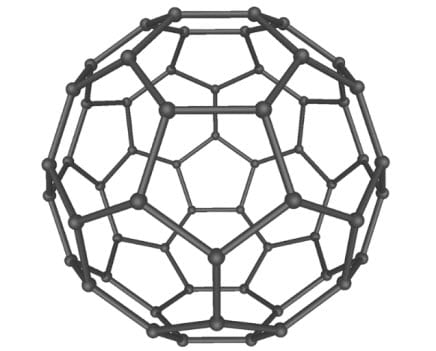
Stanford University researchers develop nanostructure that could make lithium batteries more viable
May 12, 2012Lithium-based batteries are popular, but plagued with efficiency problems
Researchers from Stanford University lead by materials scientist Yi Cui, have found a way to make lithium-based batteries more efficient and powerful. In the past, scientists have attempted to accomplish this by replacing the graphite used in one terminal of these batteries with silicon. This has been successful enabling these batteries store more charge, but the charge/discharge cycles have remained a problematic issue due to the frail nature of silicon. More efficient and resilient lithium-based batteries could have profound implications for the auto and mobile technology industries.
Nanotechnology may hold the key to better lithium batteries
Stanford researchers believe that the solution to this problem may lie in nanotechnology. Researchers have developed a double-walled nanostructure that is capable of enduring more than 6,000 charge/discharge cycles. This is far and away more efficient than is required for modern electric vehicles and mobile electronics, such as smart phones and laptops. Using the nanostructure, researchers claim that smaller, more durable lithium-based batteries can be built. These smaller batteries would cost less, which could make them more alluring for consumers and businesses.
It could be years before the nanostructure is widely utilized
Lithium-ion batteries are widely used throughout the field of electronics as well as electric vehicles. Because of the sheer number of batteries using a conventional design that are present today, it may be difficult for these nanostructures to find their way into batteries. Without sufficient commercial support, nanostructure batteries may be years away from adoption, if they ever manage to reach the commercial market in the first place.
Popularity of electric vehicles may improve with more efficient batteries
Electric vehicles are becoming more popular as automakers look for ways to comply with efficiency regulations coming from the world’s governments. Lithium batteries are considered a viable source of energy for these vehicles because of their ability to hold large amounts of electricity. Consumers have shown varying degrees of interest in these vehicles, however, with many considering the fragility of the batteries a major detractor from their viability. If more efficient batteries can be made, this concern will likely be a thing of the past.



 With over 15 years of reporting hydrogen news, we are your premier source for the latest updates and insights in hydrogen and renewable energy.
With over 15 years of reporting hydrogen news, we are your premier source for the latest updates and insights in hydrogen and renewable energy.